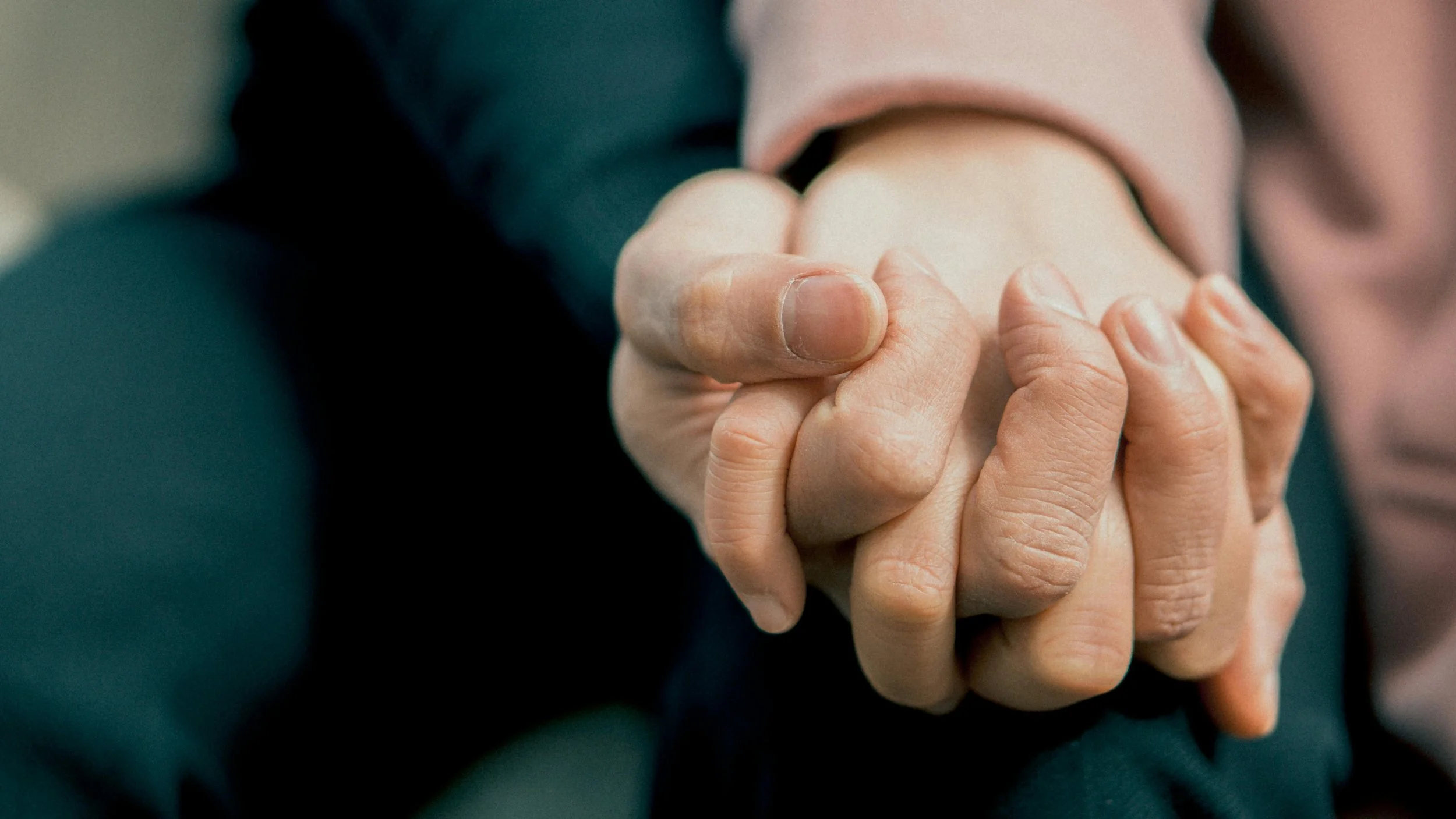September Is National Recovery Month: Raising Awareness for Addiction Recovery and Mental Health
Every September, communities come together to recognize and celebrate National Recovery Month. Created in 1989, National Recovery Month helps bring awareness about substance abuse disorders, highlights the importance of treatment and support services, and celebrates the successes of individuals in recovery, helping to reduce the stigma that prevents individuals with addiction from seeking professional support.
What is National Recovery Month?
National Recovery Month was created to increase awareness and understanding of addiction recovery while celebrating individuals who worked to reclaim their lives through professional treatment and support. Additionally, this awareness campaign also recognizes the health professionals, organizations, and support systems that provide the recovery services and support needed to overcome addiction
According to the Substance Abuse and Mental Health Services Administration (SAMHSA), 50.2 million Americans consider themselves to be in recovery from their substance use and/or mental health problems. In 2023, 48.5 million (16.7%) Americans (aged 12 and older) battled a substance use disorder in the past year. On top of that, 20.4 million American adults (7.9%) suffered from both a mental health disorder and a substance use disorder, or co-occurring disorders in the past year.
The core message of National Recovery Month is simple yet powerful: recovery is possible. By highlighting and championing stories about healing, we can help break down barriers, encourage hope, and help those suffering get the help they need.
What Causes Addiction?
People don’t choose to become addicted to drugs or alcohol. Addiction develops through a combination of biological, neurological, and environmental factors that make some individuals more vulnerable than others. According to the American Addiction Centers, a combination of one’s genetics plus their environment can account for 40-60% of a person’s risk for addiction.
Environmental influences such as a chaotic home life, absent parents, abuse, peer pressure, and community attitudes toward substances can all contribute. Biological and neurological factors, including a family history of substance abuse and mental health conditions like depression, anxiety, and trauma, also play a significant role in risk.
Raising Awareness for Addiction Recovery
Too often stereotypes and misinformation about addiction and mental health create barriers that keep people from seeking help. Some of this misinformation includes:
“Addiction is a choice.”
Reality: Addiction is a chronic disease that changes brain chemistry; you don’t choose to be an addict.
“You have to hit rock bottom before you can recover.”
Reality: Early intervention can prevent crises and improve recovery outcomes in the long-term.
“Addicits always relapse.”
Reality: Relapse can be part of recovery, but many people achieve lasting sobriety with ongoing support and resources.
“Only certain types of people struggle with addiction.”
Reality: Addiction doesn’t discriminate: it affects people of all ages, races, genders, and socioeconomic backgrounds.
“Once an addict, always an addict.”
Reality: People do recover, and thrive. Long-term recovery is not only possible, it’s common.
Spreading awareness can help normalize conversations about treatment, prevention, and make recovery resources more accessible to those who need them the most. Schools, workplaces, and healthcare providers can help spread awareness by fostering open dialogue and by offering education that supports mental wellness and recovery.
Ending the Stigma Around Mental Health in Recovery
Stigma is arguably one of the greatest obstacles in recovery, and doing small things like adjusting word choices can make a world of difference. Words like “addict” and “alcoholic” have a negative connotation and can make people feel ashamed and choose not to get help. Instead, use first-person language such as “a person in recovery,” which emphasizes their dignity and humanity.
Encouraging open conversations about personal struggles is an important step in breaking down the stigma of seeking help. Whether someone is just beginning to think about recovery or is already walking that path, sharing these experiences can remind others they are not alone and can inspire them to reach out for support.
Building Resilience for Long-Term Recovery Success
Recovery is not a linear path: there will be peaks and valleys, and steps forward and steps backward. It requires strength, resilience, and support. Resilience is the ability to adapt, grow, and move forward despite encountering headwinds and challenges; it is an imperative part of recovery and long-term success.
Some tools to help build resilience include:
Therapy and counseling to address both addiction and mental wellness.
Peer support groups that offer encouragement and shared experience.
Mindfulness and self-care practices that reduce stress and build coping skills.
Community support networks that foster connection and belonging.
These tools can make a real difference. For those looking for additional guidance, there are resources available to help navigate the journey of recovery.
How To Support Loved Ones in Recovery
Supporting a loved one during National Recovery Month can be simple yet impactful. Below are a few ways to get involved:
Listening without judgment, offering encouragement, and learning about recovery for loved ones struggling.
Offer to attend a recovery or awareness event with your loved one.
Share stories and resources on social media using hashtags like #RecoveryMonth (but make sure you have permission or use anonymity).
Volunteer with or donate to local organizations that provide recovery services.
Small actions can make a big difference in reducing stigma and creating a culture of understanding and acceptance.
Final Thoughts
National Recovery Month is a powerful reminder that healing and resilience are possible. By raising awareness, ending stigma, and building supportive communities, we can make recovery more accessible to all. Recovery is not only about overcoming challenges: it’s about celebrating strength, resilience, and the hope of a brighter tomorrow.
To book an appointment at Mae Mental Wellness, you can fill out this form or call (561) 231-0233. Learn more about services we offer and which insurance we accept.


